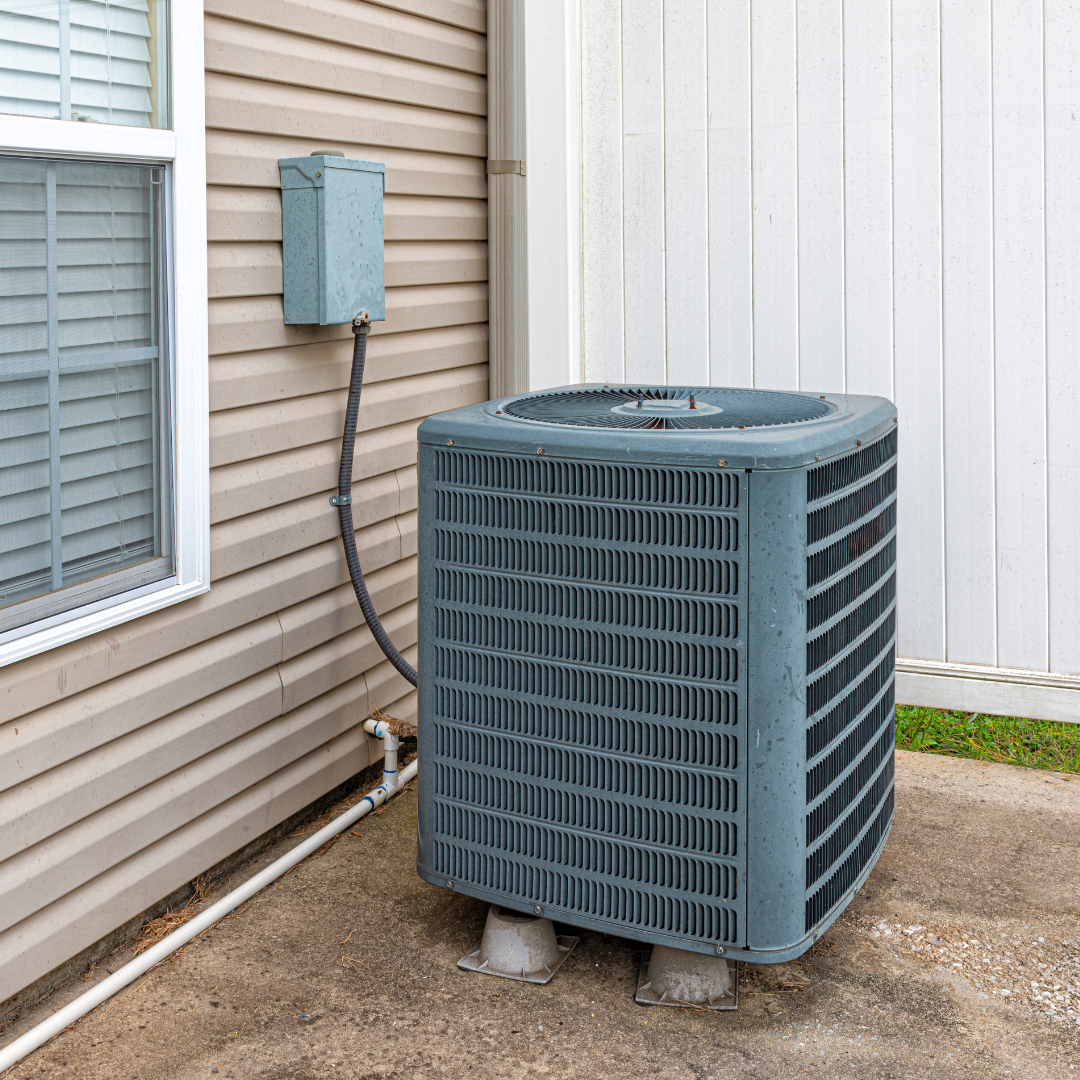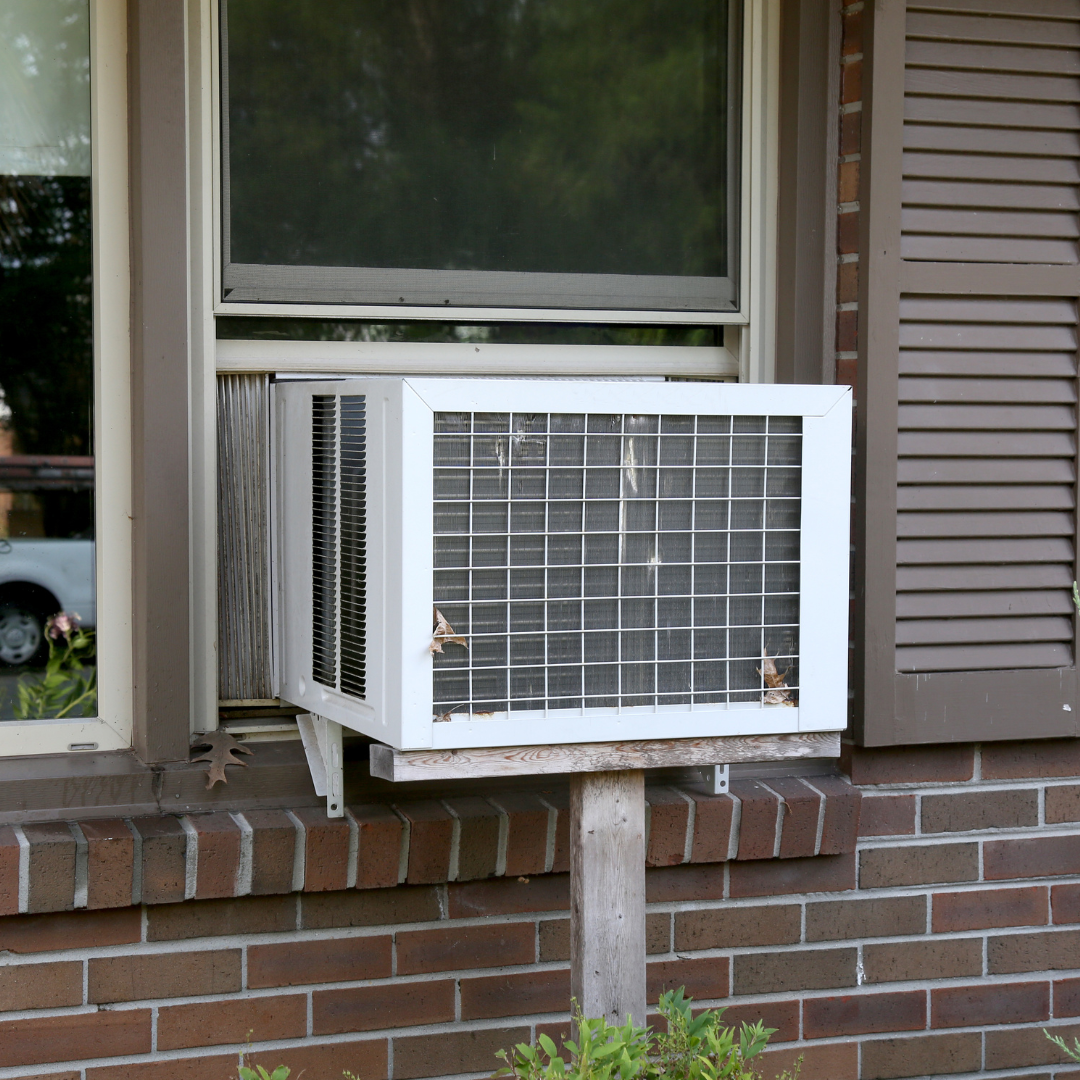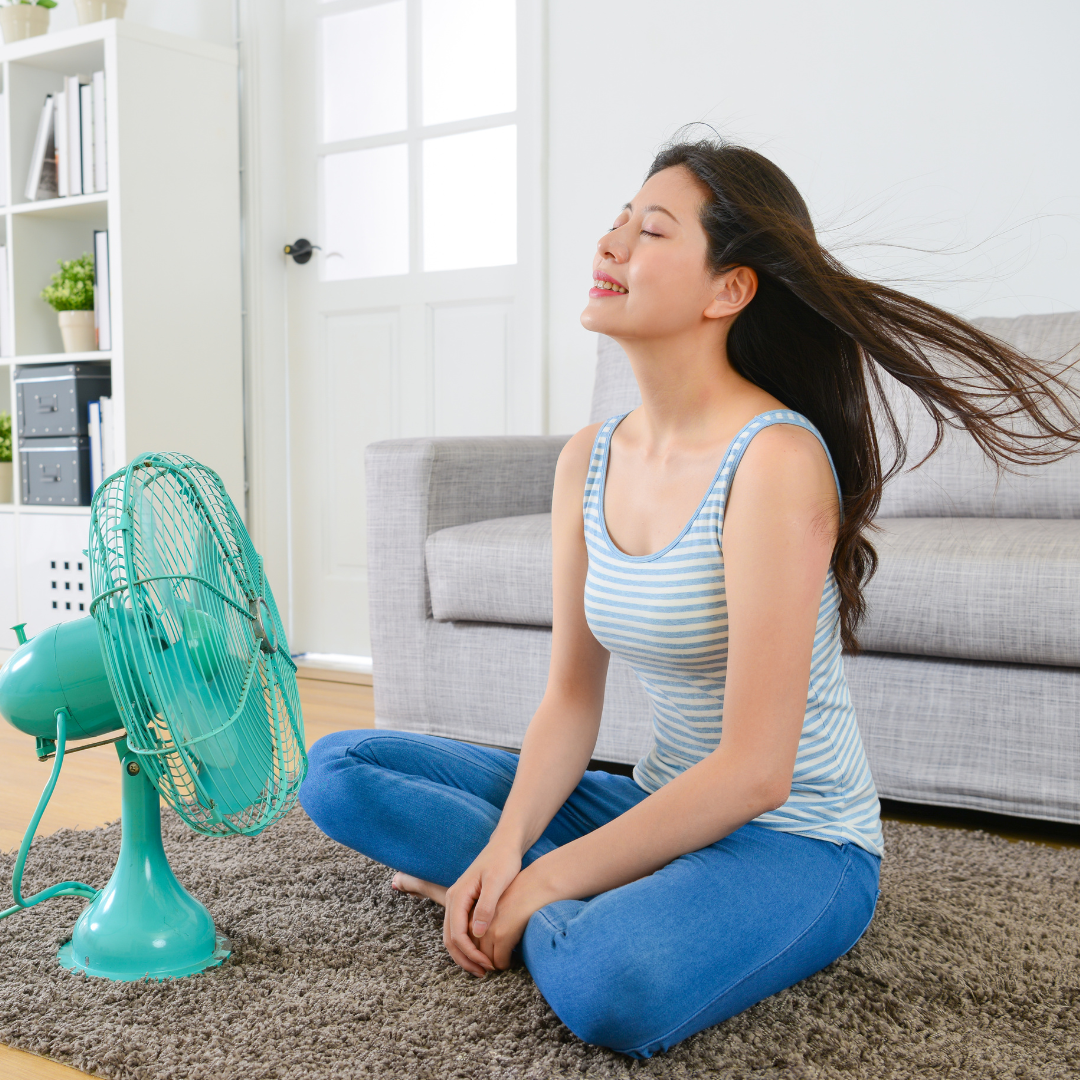With the arrival of warmer temperatures, most homeowners depend on air conditioners to keep cool in the summer months. Despite the comfort provided by air conditioners during sweltering weather, it’s important to know that ACs and even fans can cause fires if not properly maintained.
According to the U.S. Fire Administration, there were an estimated 24,000 residential fires related to electrical malfunctions in 2021, resulting in more than $1.2 billion in property losses.
The main causes of air conditioner and fan fires are mechanical or electrical failures. These can be caused by things such as:
- Lack of maintenance
- Overuse
- Poor electrical wiring

Central Air
Once your central AC unit has been checked, there are other safety precautions you can take:
- Check and clean air filters frequently for dirt and dust.
- Avoid using extension cords or power strips, as they can become overworked and start fires.
- Keep the AC unit clear of obstructions so that it has air to pull from.
- Keep flammable materials away from the AC unit.
In addition, if you smell something odd or see a leak, unplug the unit, and have it checked immediately.

Window Air Conditioning Unit
- Make sure the AC is the proper size for the space you want to cool.
- Make sure the window and window frame for the AC are in good condition.
- Use metal brackets and mounting rails when installing the AC to ensure that it is secure.
- Make sure the AC is anchored properly so that it doesn’t fall out of the window and onto something or someone.
- Do not use an AC near water or where water can be spilled.
- Once installed, do not put anything on top of the AC, as it can add weight to the unit.
It’s also recommended not to try installing or removing an air conditioner by yourself.

Fan Safety Tips
- Keep fans away from water and anything that can be spilled.
- Occasionally inspect cords for damage and fraying, and check plugs to make sure they are not broken.
- Don’t plug fans into extension cords or power strips, as they could be at risk of starting a fire.
- Make sure that a fan’s intake is not blocked.
- Keep children away from fans to avoid finger injuries.
- Don’t leave fans running when you are not home in case they overheat and start a fire.
Does homeowners insurance cover air conditioner malfunctions?
We hope these tips will help keep your home protected from preventable electrical malfunctions with your air conditioners or fans. To ensure you have the right type of coverage on your property insurance policy, check with your AAA Insurance Agent.

